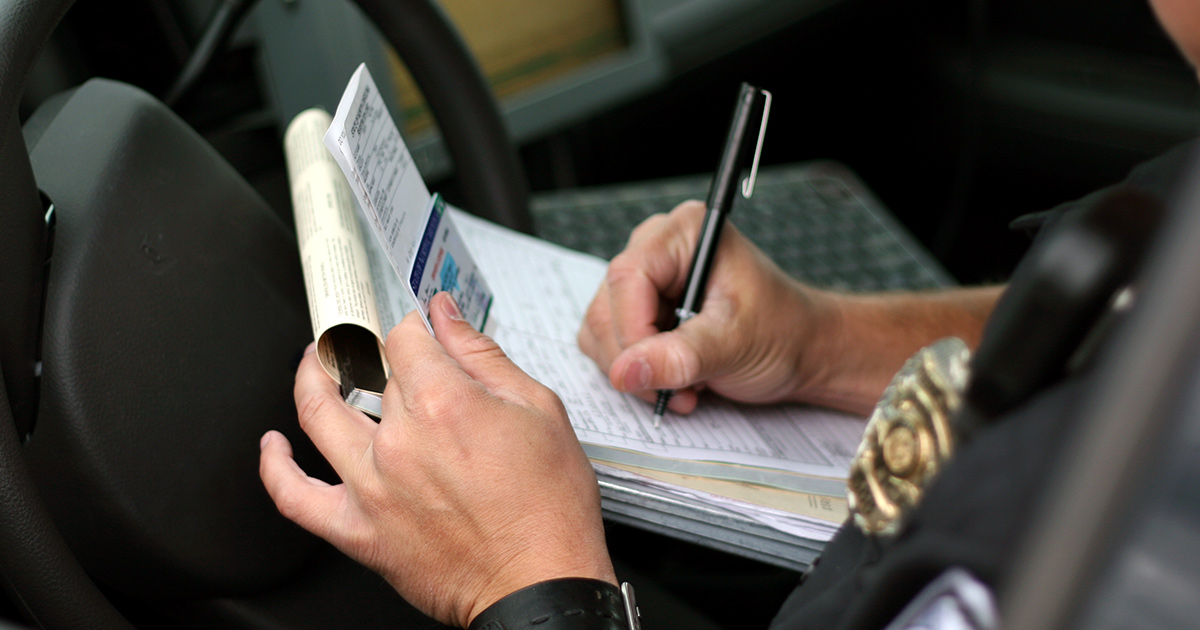Did you know that most states use a drivers license points system to keep track of the traffic tickets you get? Learn the basics of points systems below and discover how they affect you.
Points are assigned for most moving violations.
States assign values to common moving violations, such as speeding, running a red light, driving under the influence and driving with a suspended license. The more serious the violation, the more points will be assigned to it.
Your license can be taken away if you rack up too many points.
Most states set a limit to the number of points you can have. If you exceed that in a certain time frame, you will have your license removed. For example, in California your license is suspended if you receive four points in a year or six points in two years. In some states, points stay on your record for up to 10 years! Discover the specifics of your state’s points system on the Department of Motor Vehicles (DMV) site.
Points can affect your insurance premiums.
Some insurance companies will regularly review how many points you have and may raise your rates if you have received a certain number in a year. Other insurance companies use their own points systems. These systems may assign more points to minor violations. Insurance companies then have a formula that calculates how much your rates will increase based on the number of points you have.
Points aren’t shown on tickets you receive.
To find out how many points you have, check your driving history report. In many states, you can check your record online via your state’s DMV website. Look for a link labeled “driver’s license check” or something similar. If you can’t find a link on the site, you may need to submit a written request or form.
You may be able to have points removed from your driving record.
For certain moving violations, you might be able to take a safe driving course to remove points. If you decide to look into this option, be sure that the course you sign up for is authorized by your state. Points from more serious violations, such as driving under the influence, can’t be removed from your license with a course. Generally you just have to wait until the time period determined by your state expires.
Driver’s license points can follow you from state to state.
States share information with one another about violations and traffic tickets drivers receive. How this information impacts your record will depend on the state you live in and the state where you received the ticket. Some states only report certain violations (e.g., they will report a speeding ticket for 20 mph over the speed limit but not 10 mph over the speed limit). When states receive that information, it is up to that state to decide whether to add points to your record. Keep in mind that insurance companies generally don’t differentiate between an in-state and out-of-state violation: if they see it on your record, it will impact your premium.


